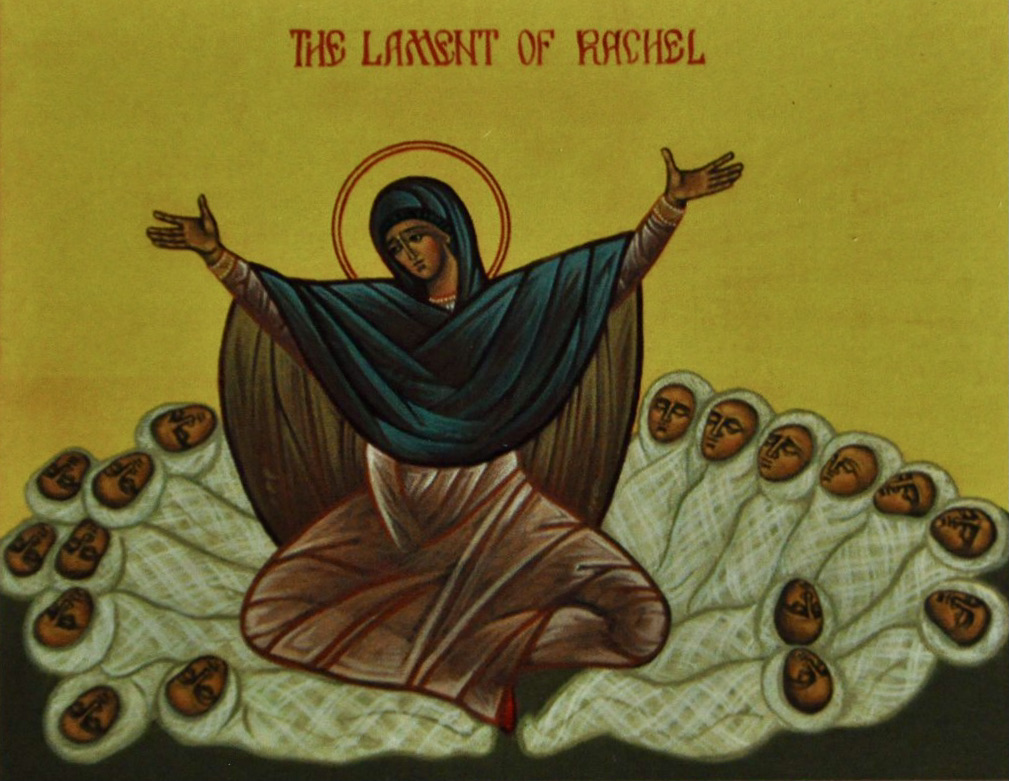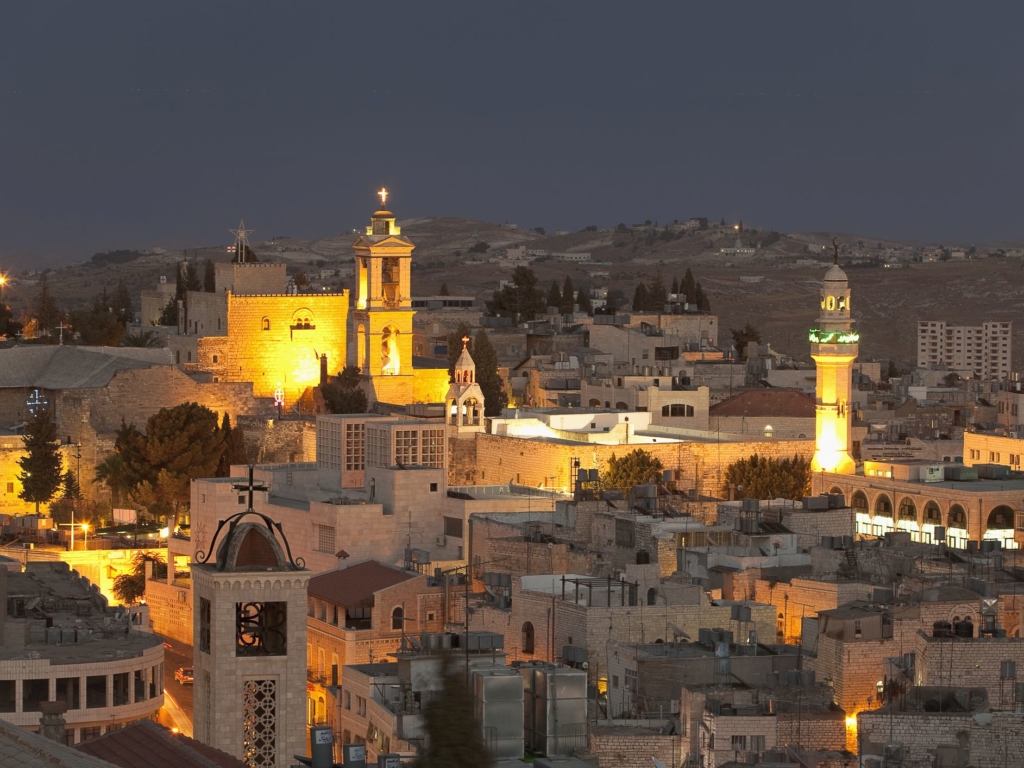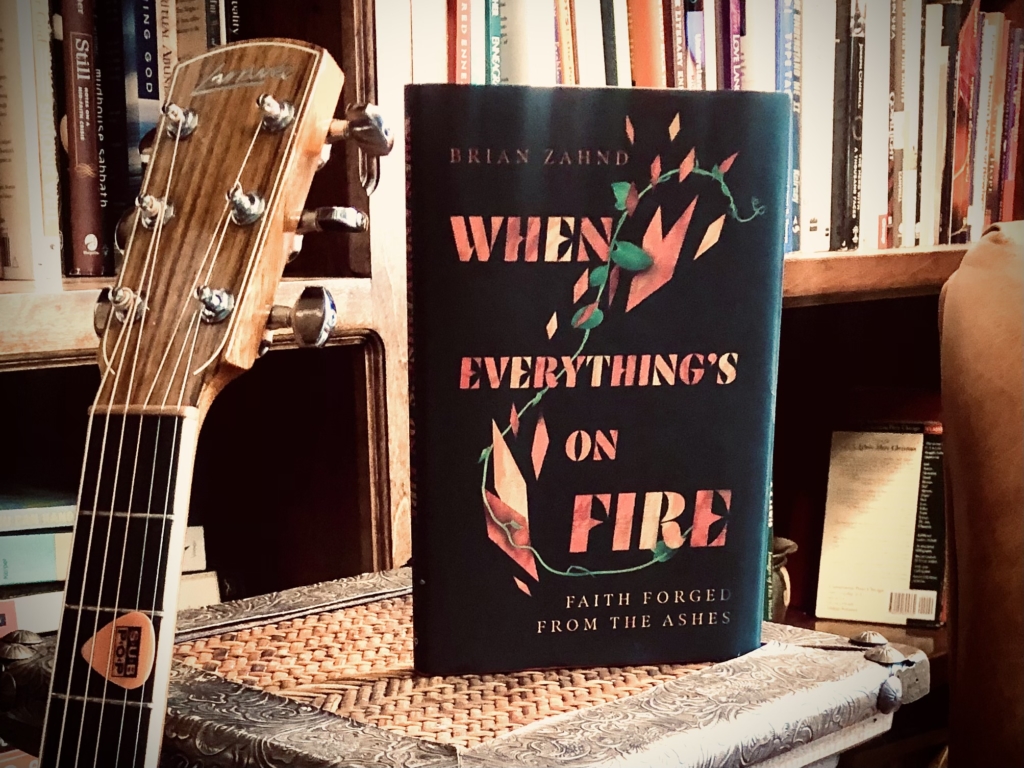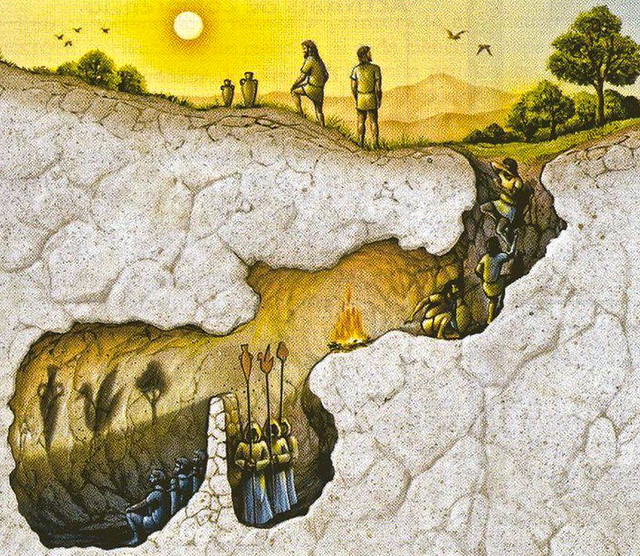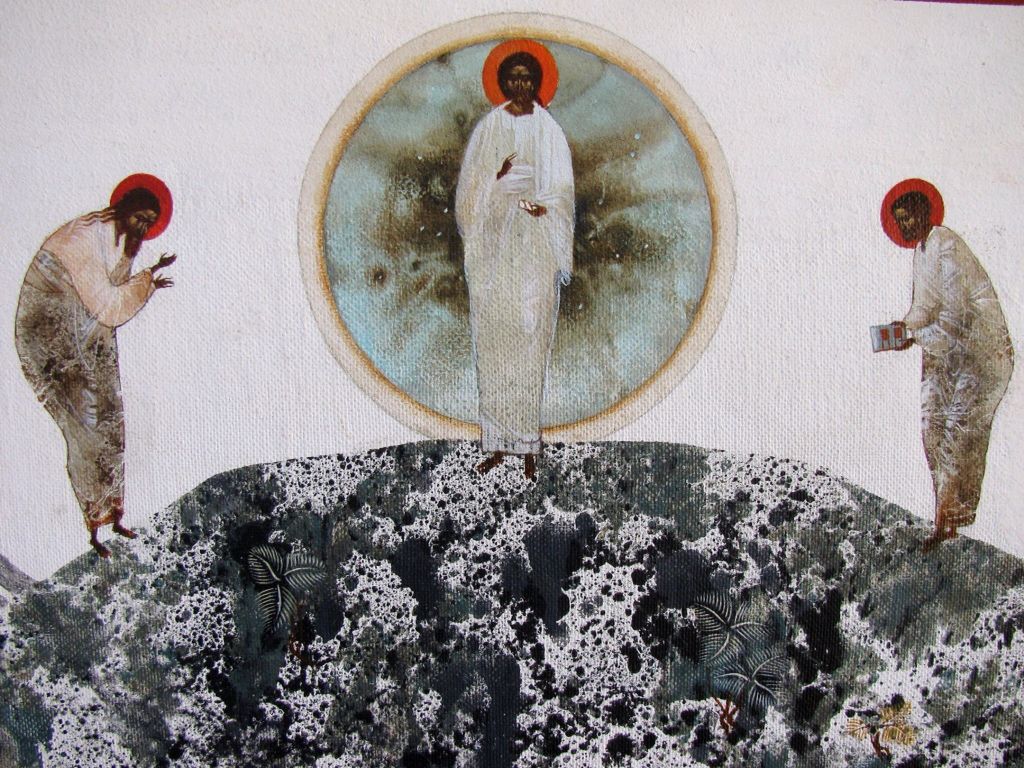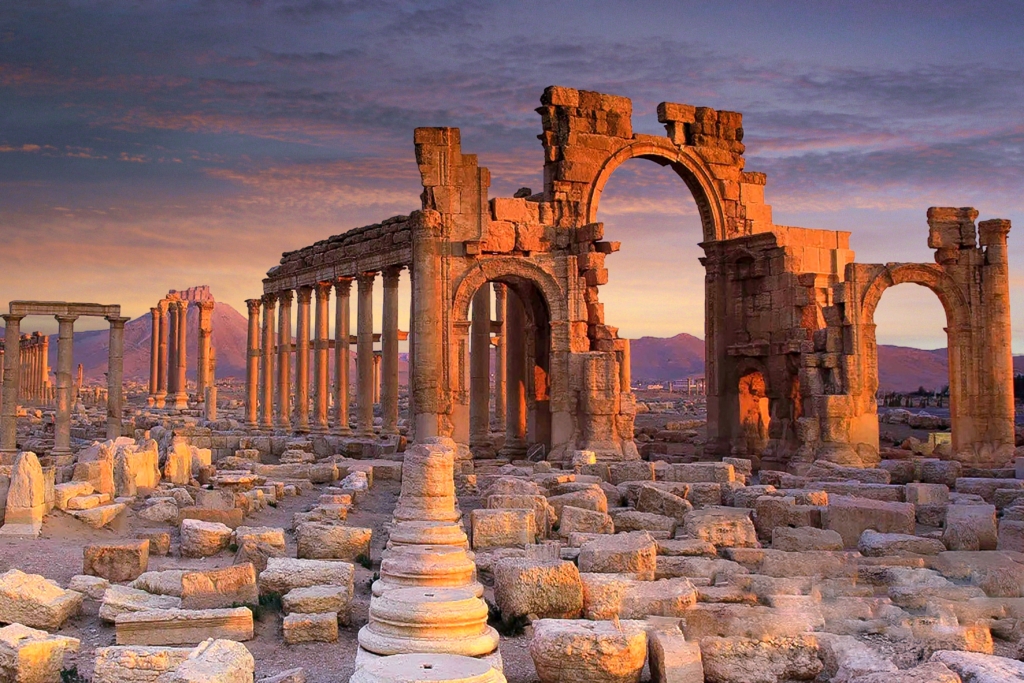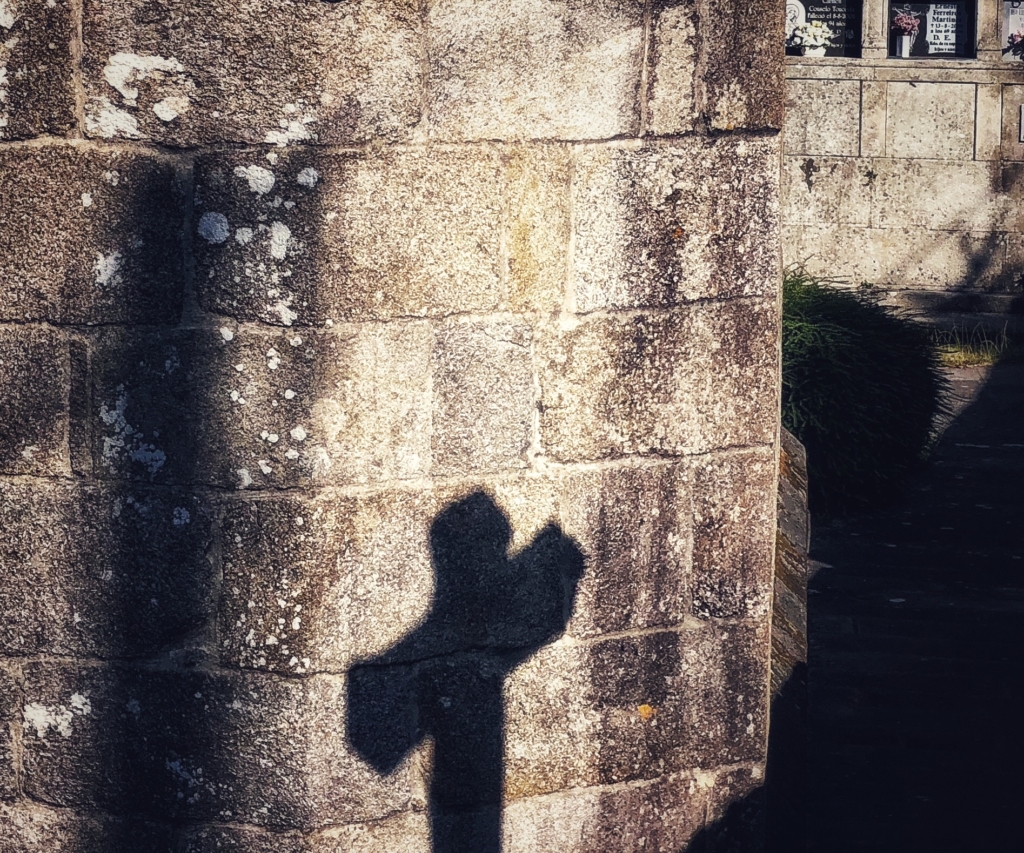War Is Hell
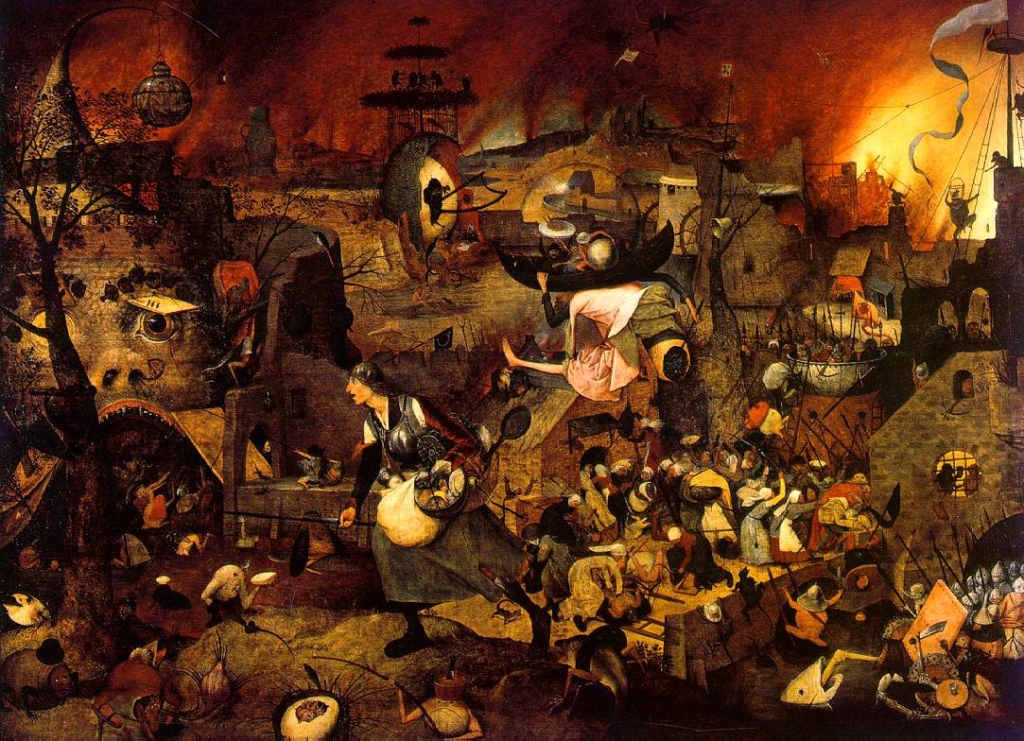
War Is Hell
Brian Zahnd
At that very time there were some present who told him about the Galileans whose blood Pilate had mingled with their sacrifices. He asked them, “Do you think that because these Galileans suffered in this way they were worse sinners than all other Galileans? No, I tell you; but unless you repent, you will all perish as they did. Or those eighteen who were killed when the tower of Siloam fell on them—do you think that they were worse offenders than all the others living in Jerusalem? No, I tell you; but unless you repent, you will all perish just as they did.”
—Luke 13:1-5
One of the themes of Jesus’ prophetic ministry that becomes more and more prominent the closer he gets to Jerusalem is his dire warning about the impending fate of Jerusalem. In our Gospel reading for this Sunday, Jesus is informed about some Galilean pilgrims who were probably involved in a political uprising against the Roman occupation and were subsequently put to death by Roman soldiers in the Temple complex — thus mingling their blood with the sacrifices. Jesus’ response is to tell them not to imagine that these Galilean victims were worse sinners than any other Galileans. Instead, Jesus says if they don’t rethink their intentions they will all perish in the same way. Jesus then brings up an incident of a recent building collapse in Jerusalem that had resulted in eighteen fatalities and comments on it by saying, “Do you think that they were more blameworthy than all the others living in Jerusalem? No, I tell you! Unless you repent, you will all be destroyed in the same way.”
Read more
